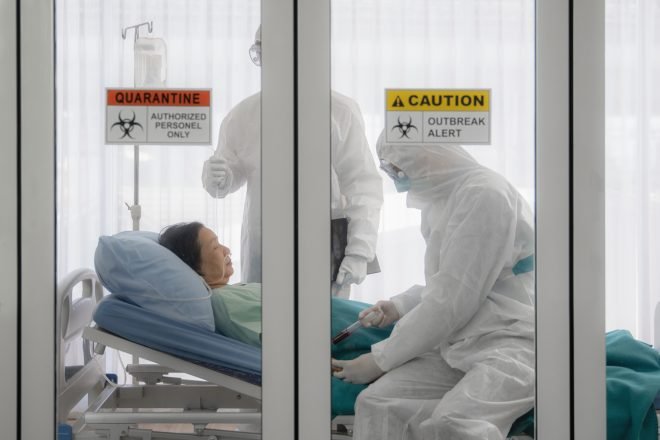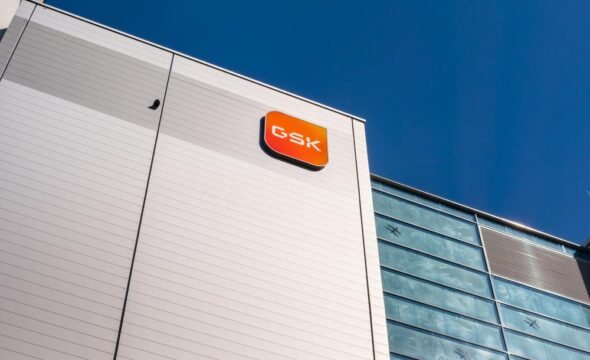Advertisment
Most psoriasis patients taking immunosuppressants survive COVID-19

Patients with psoriasis who are taking drugs that affect their immune system have high rates of survival from COVID-19. According to the first findings from a global registry of psoriasis and COVID-19 patients, led by Guy’s and St Thomas’ clinicians, over 90% survive.
The researchers found that the risk factors of severe COVID-19 outcomes in patients reported to the registry were similar to the general population.
The findings come from the first analysis of the web-based PsoProtect registry, established to understand how psoriasis and the medications that are used to treat it might influence the severity of COVID-19. Collaboration has been crucial to the registry, founded by dermatologists and researchers at the St John’s Institute of Dermatology at Guy’s and St Thomas’, King’s College London and University of Manchester, and supported by psoriasis patient organisations throughout the world, including the Psoriasis Association in the UK.
Psoriasis is a skin condition that causes red, flaky, crusty plaques of skin covered with silvery scales and affects around 2% of people in the UK. It is thought to be related to a problem in the immune system, so dermatologists have been working to understand how COVID-19 and the condition may interact.
Patients with moderate to severe disease are treated with drugs that affect the immune system including biologics that target specific immune proteins, or traditional tablet immunosuppressants, and many of these patients were asked to shield during the pandemic.
Dr Satveer Mahil, a consultant dermatologist at the St John’s Institute of Dermatology at Guy’s and St Thomas’, co-leads the registry. She said: “Our analysis is important for informing our conversations with patients as the pandemic continues. We can reassure our patients that the survival for people with psoriasis is high, and the risk factors for psoriasis patients are similar to those of the general population.
“These findings wouldn’t be possible without all the clinicians who have reported cases to PsoProtect and the invaluable support of our partner professional and patient organisations.”
Helen McAteer, Chief Executive of the Psoriasis Association said: “From the beginning of the pandemic we understood the importance of being proactive in order to address the many concerns expressed by people who are living with psoriasis. The PsoProtect registry is vital in helping us understand more about the interactions between psoriasis, its treatments and COVID-19 infection so as patients can make the most informed choices about their care and treatment at this challenging time.”
The initial findings from the PsoProtect registry were published in the Journal of Allergy and Clinical Immunology. The paper is an analysis of 374 clinician-reported cases where patients with psoriasis had COVID-19. The cases came from 25 countries, and were submitted between March and July 2020. Most of the patients (334, 89%) were taking biologics for their psoriasis (267, 71%) or traditional immunosuppressants (67, 18%).
Most of the cases – 348 (93%) fully recovered from COVID-19, 77 (21%) were hospitalized and nine (2%) died. The study found that, similarly to the general population, patients who were older, male, of non-white ethnicity and with other health conditions such as chronic lung disease were more likely to require hospital admission for their COVID-19 infection.





